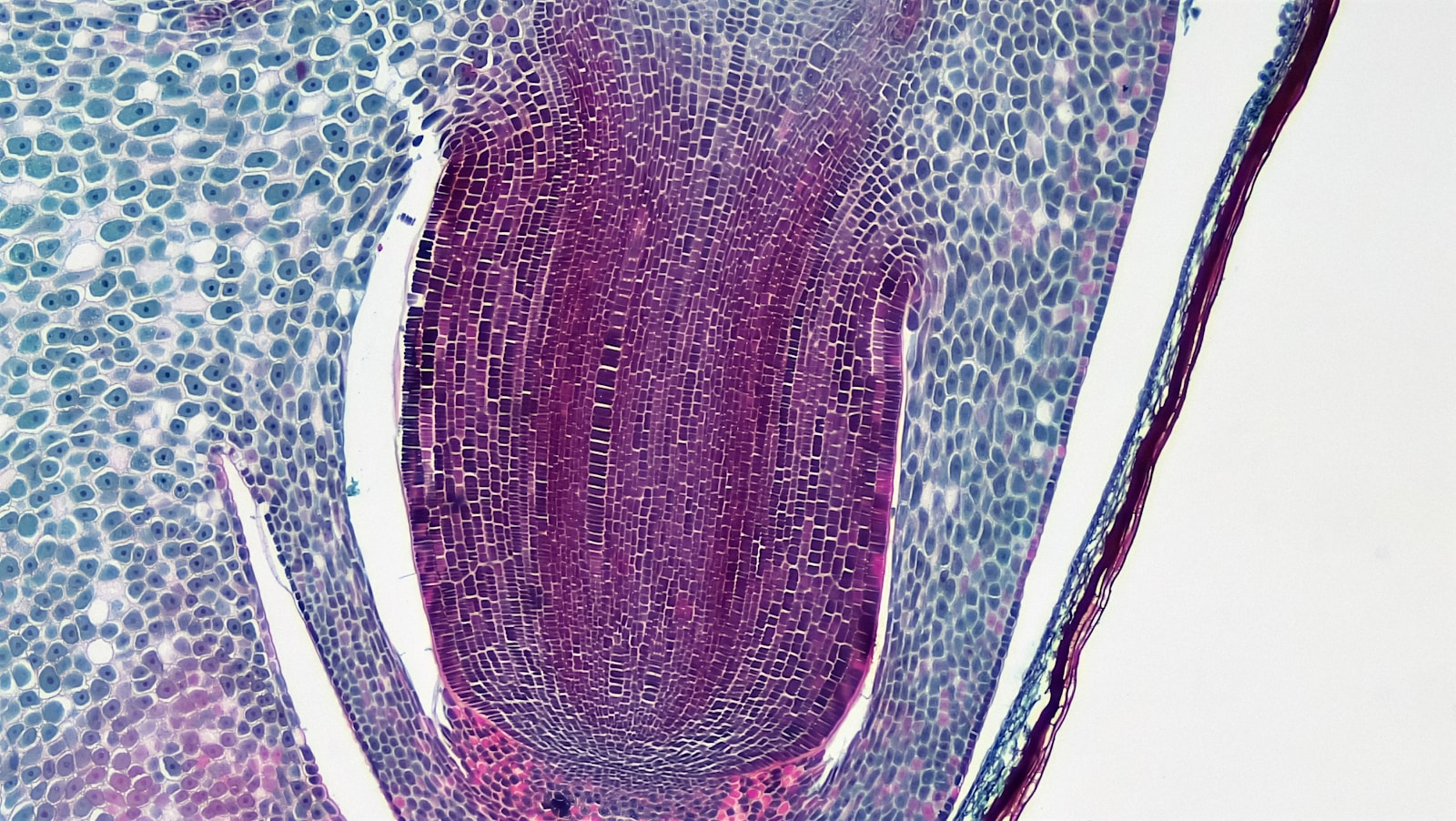Mental health disorders affect millions worldwide, yet the underlying causes remain complex and often poorly understood. Emerging research suggests that mitochondria—the tiny energy powerhouses within our cells—may play a crucial role in mental illness. A recent Forbes article highlights groundbreaking insights into this connection. Here’s a breakdown of the key findings.
1. Mitochondria: More Than Just Energy Producers
Mitochondria are best known for generating ATP, the energy currency of cells. However, they also regulate calcium levels, produce reactive oxygen species (ROS), and influence cell death—all of which impact brain function.
2. The Brain’s High Energy Demand
The brain consumes about 20% of the body’s energy. If mitochondria malfunction, neurons may struggle to communicate effectively, potentially contributing to depression, anxiety, and schizophrenia.
3. Mitochondrial Dysfunction in Depression
Studies show that people with depression often have impaired mitochondrial function, leading to reduced ATP production and increased oxidative stress—both linked to mood disorders.
4. Bipolar Disorder and Mitochondrial DNA Mutations
Research suggests that mitochondrial DNA mutations are more common in individuals with bipolar disorder, possibly disrupting energy metabolism in brain cells.
5. Schizophrenia and Oxidative Stress
Excessive oxidative stress from malfunctioning mitochondria may damage neurons, a factor increasingly tied to schizophrenia. Antioxidant therapies are being explored as potential treatments.
6. Autism Spectrum Disorder (ASD) and Mitochondrial Deficits
Some children with ASD show mitochondrial dysfunction, which may explain why certain metabolic therapies (like ketogenic diets) show promise in improving symptoms.
7. The Gut-Mitochondria-Brain Axis
The gut microbiome influences mitochondrial health. Poor gut health may lead to systemic inflammation, indirectly affecting brain function and mental health.
8. Exercise Boosts Mitochondrial Health
Physical activity enhances mitochondrial biogenesis (the creation of new mitochondria), which could explain why exercise is so beneficial for mental health.
9. Ketogenic Diets and Mental Health
Ketogenic diets force the brain to use ketones instead of glucose, which may bypass mitochondrial dysfunction in certain mental illnesses. Early studies show potential in epilepsy and depression.
10. Mitochondria-Targeted Antioxidants
Drugs like MitoQ, which directly target mitochondrial oxidative stress, are being investigated for neurodegenerative and psychiatric conditions.
11. The Role of Epigenetics
Environmental factors (stress, diet, toxins) can alter mitochondrial function via epigenetic changes, potentially increasing susceptibility to mental illness.
12. Future Treatments: Beyond SSRIs
Current antidepressants (like SSRIs) don’t address mitochondrial dysfunction. Future therapies may include mitochondrial boosters, such as NAD+ precursors and CoQ10.
Final Thoughts
The link between mitochondria and mental illness opens exciting new avenues for treatment. While more research is needed, optimizing mitochondrial health through diet, exercise, and targeted supplements could revolutionize mental healthcare.
What do you think? Could mitochondrial therapy be the next big breakthrough in psychiatry? Share your thoughts in the comments!
References:
- Forbes: Could Mitochondria Be the Missing Link in Mental Illness?
- Studies on mitochondrial dysfunction in depression, bipolar disorder, and schizophrenia.
Tags: #MentalHealth #Mitochondria #Neuroscience #Depression #BipolarDisorder #Schizophrenia #BrainHealth #KetogenicDiet #OxidativeStress
Would you like any modifications or additional sections?

Leave a Reply